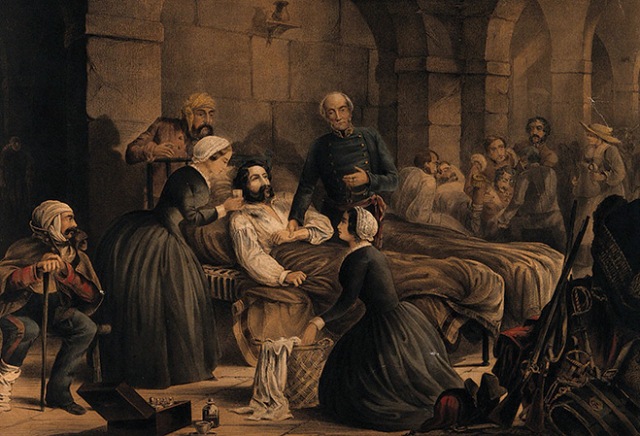Florence Nightingale and epidemics
Historian article

Florence Nightingale and epidemics
Richard Bates reveals how the expertise of Florence Nightingale is just as relevant now as it was in her own life-time.
Late in 2020, the Merriam-Webster dictionary chose ‘pandemic’ as its word of the year, writing that, ‘it’s probably the word by which we’ll refer to this period [i.e. Covid-19 and its associated disruption] in the future’. Yet if that proves to be the case, we will, by historical standards, have been lucky. We will only be able to call Covid ‘the pandemic’, after all, for as long as there isn’t another one.
Europeans who lived through the middle decades of the nineteenth century certainly did not have the luxury of thinking in terms of a single pandemic. Living to old age in the nineteenth century meant avoiding or surviving multiple waves of deadly infection. The disease that inspired the most visceral fear was cholera, which caused six global pandemics between 1817 and 1899, each lasting several years. In Britain, the first really bad year was 1832, when cholera killed at least 22,000 people, but 1847–49, 1853–54, and 1865–66 also saw serious outbreaks. Recorded deaths in Britain from cholera in the nineteenth century totalled around 140,000.2 Cholera’s impact was exacerbated by the fact that it was a horrible and fast-acting disease, causing enormous fluid loss via vomiting and diarrhoea, with victims turning blue and dying within hours...
This resource is FREE for Historian HA Members.
Non HA Members can get instant access for £2.49

